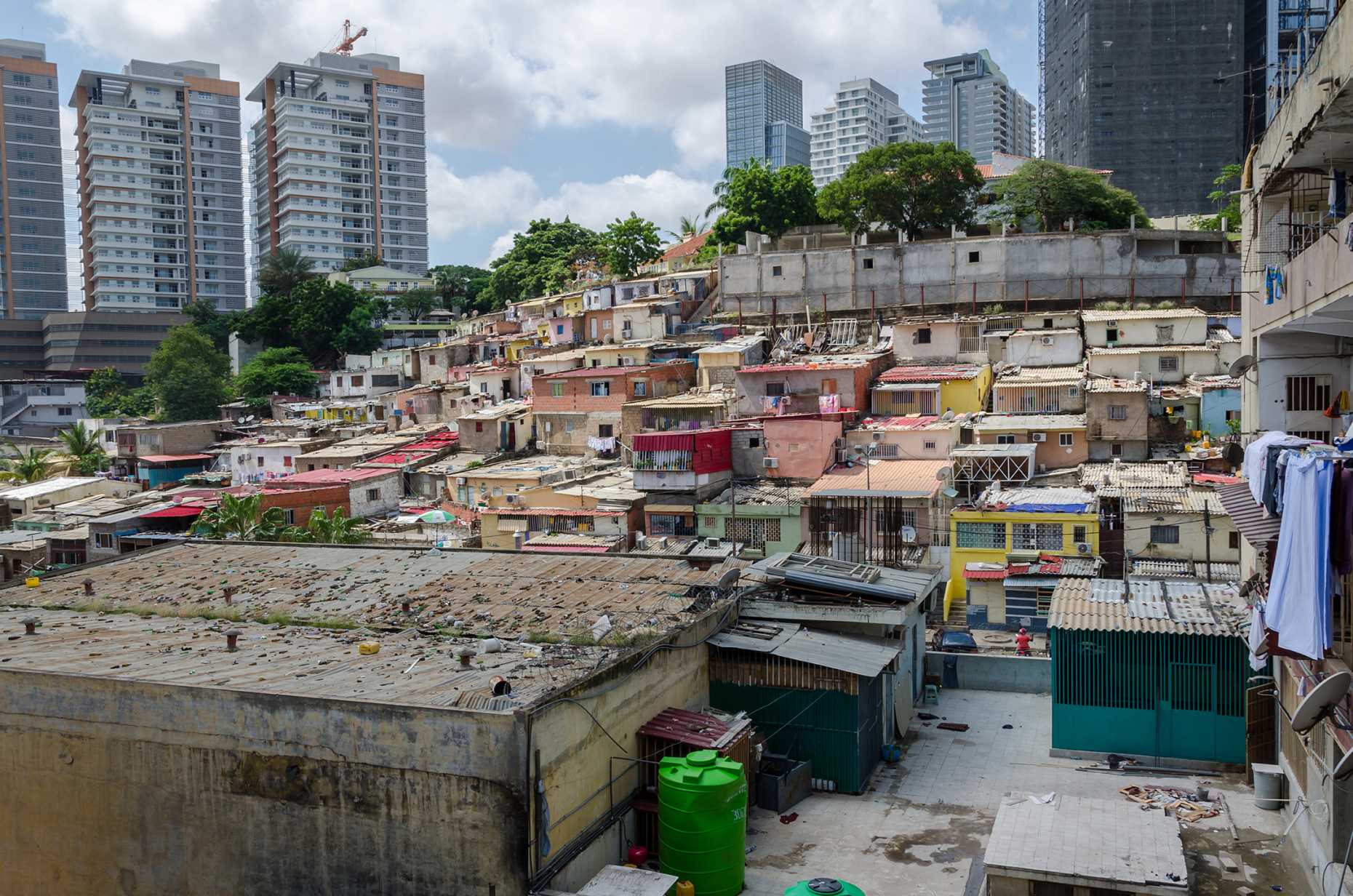“Detecting inequality depends on how you measure it.”
Samuel Tetteh-Baah recently defended his doctoral dissertation, titled, "Measurement and impact of horizontal inequality", at the Chair of Development Economics. In an interview, he tells more about his findings.

Photo: Shutterstock
Extreme poverty has decreased worldwide in the last three decades. What about income inequality? In most African countries, inequalities in welfare levels between different spatial, ethnic, gender and religious groups – known as horizontal inequalities – also appear to have gone down substantially over time, as Samuel Tetteh-Baah’s recent doctoral research shows. But this is not the end of the story. In the following interview, the economist explains why a lot depends on how you measure inequality.